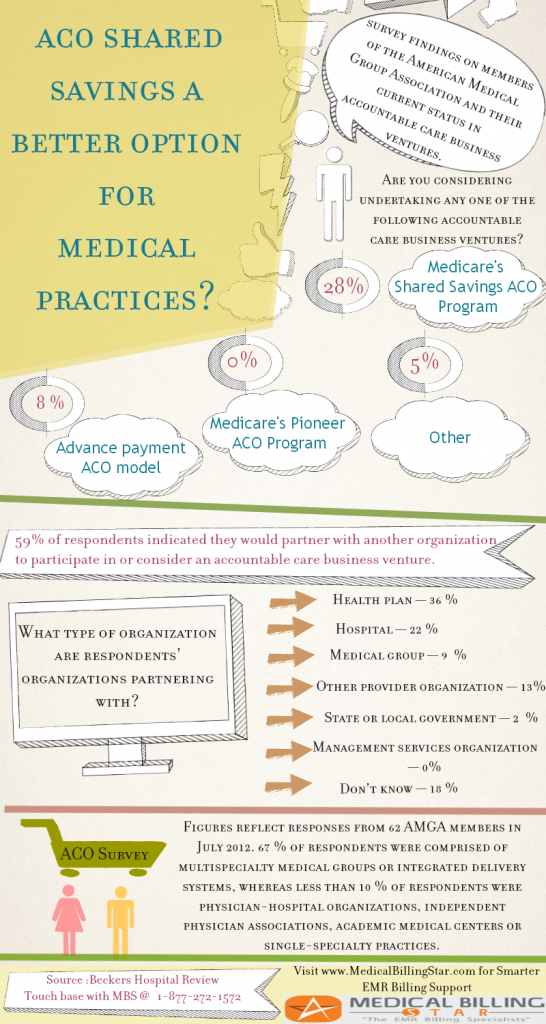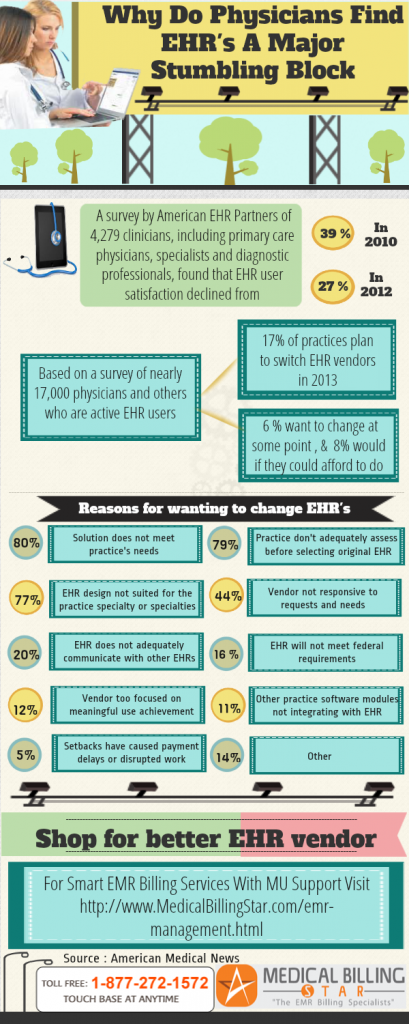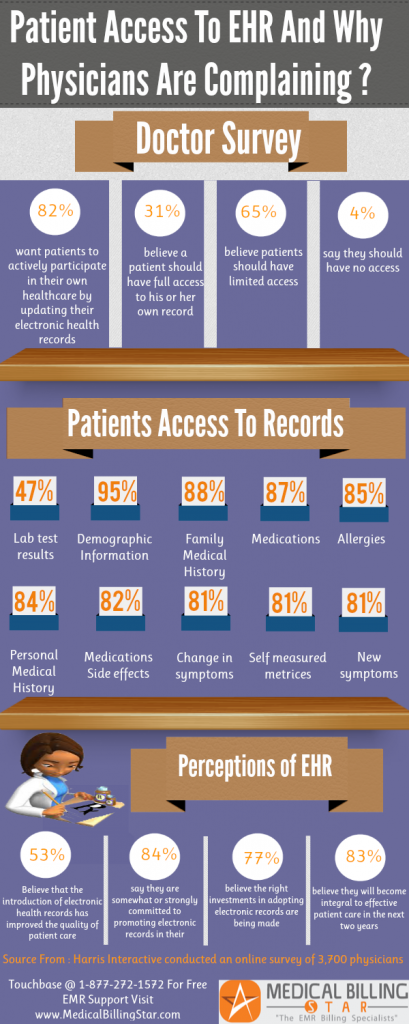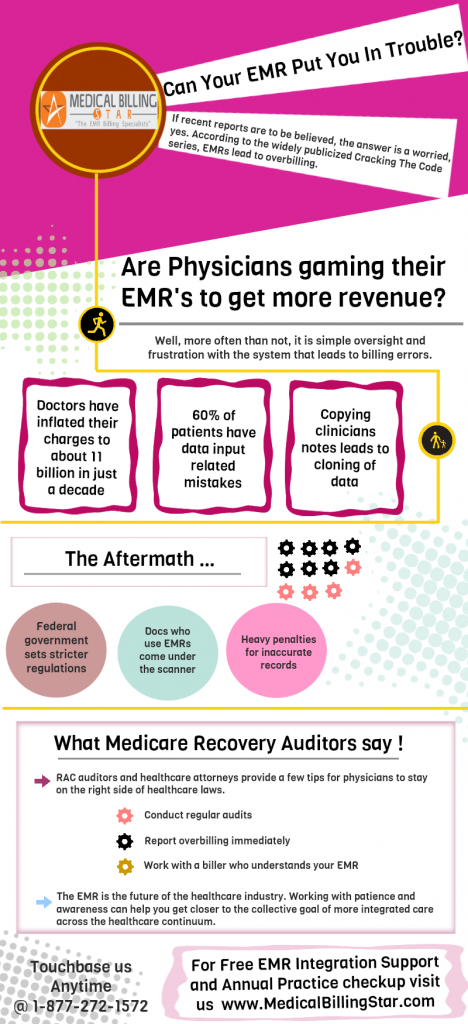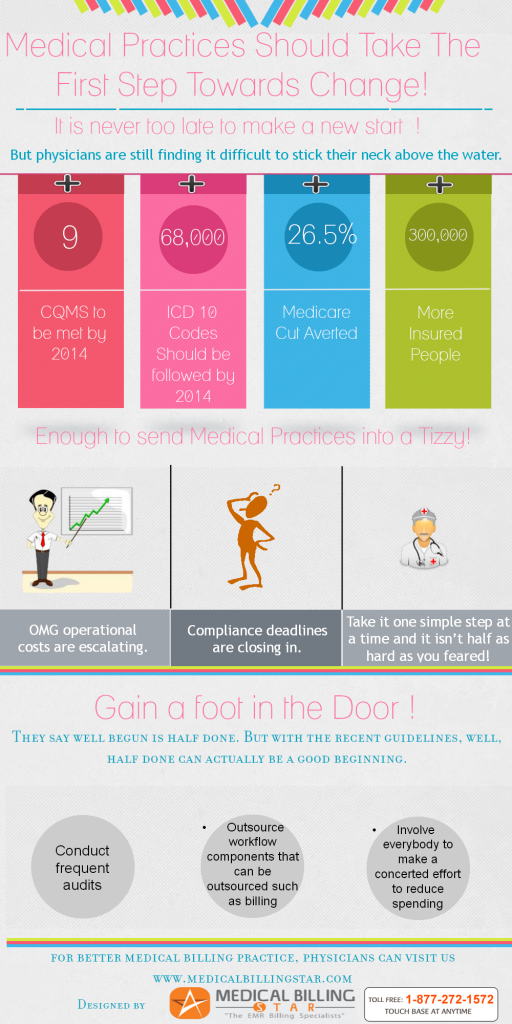Are you making these 5 common mistakes?
There can be nothing more discomforting than talking to patients about payment responsibilities. Coverage cuts and high deductible healthcare plans make it imperative for healthcare organizations to focus on patient collections.
But do you feel queasy every time a patient collection issue crops up? Avoiding these 5 mistakes and training staff to steer clear of them, can boost your patient collections.
1. Giving the wrong signals!
Body-language matters. Smiling, while discussing about payments, can signal to your patients that you aren’t serious, or undermine the importance of paying the due amount. Frowning or speaking in a grave tone can put off patients. Maintain a neutral body language throughout. Familiarize yourself with contractual terms and coverage details before the discussion. Fumbling or giving the wrong information will further prolong the entire process.
2. Sending out overly complex patient statements…
You can bet your bottom dollar that most patients are not familiar with insurance terminology. So don’t send out a statement that can only be understood by a biller or insurance expert! Simple patient statements that don’t overwhelm patients work best. Don’t add aging buckets at the end of the statement. It can be an open invite for patients to procrastinate payment.
3. Let the patient speak!
Most medical offices make the mistake of dominating conversations with patients. Let the patient speak. More often than not the amount they agree to pay or the deadline they agree to clear bills will be much better than what medical practices expect! Encourage patients to come up with suggestions, payment options and payment schedules. This way, patients feel less browbeaten and more involved.
4. Not exploring newer methods for collecting payments…
A lot many medical practices are implementing the “credit card on file” program. The details of the credit card are securely stored and the medical practice “swipes” the card to recover payments due, if and when required. Discover new, convenient and patient friendly payment options.
5. Missing out on upfront collections…
Failing to capture upfront collections complicates and delays the patient billing cycle. Ensure your front-desk staff, collect desk payments promptly. Call patients prior to an appointment to inform about their payment responsibility and what method of payment would suit them best. Have a swipe machine or request patients to pay online.
Provide a receipt, and if possible a note of thanks, upon receiving payment. This will induce patients to more promptly the next time around.

